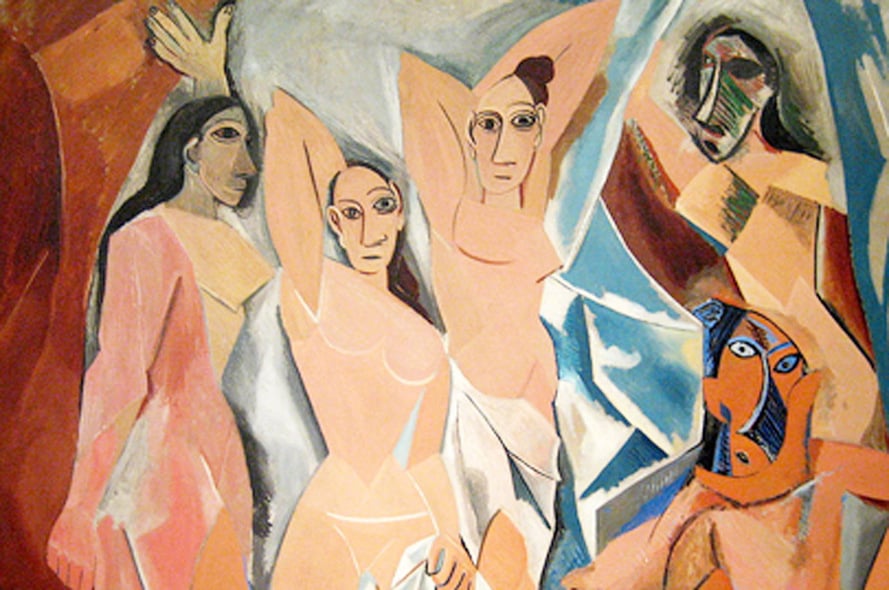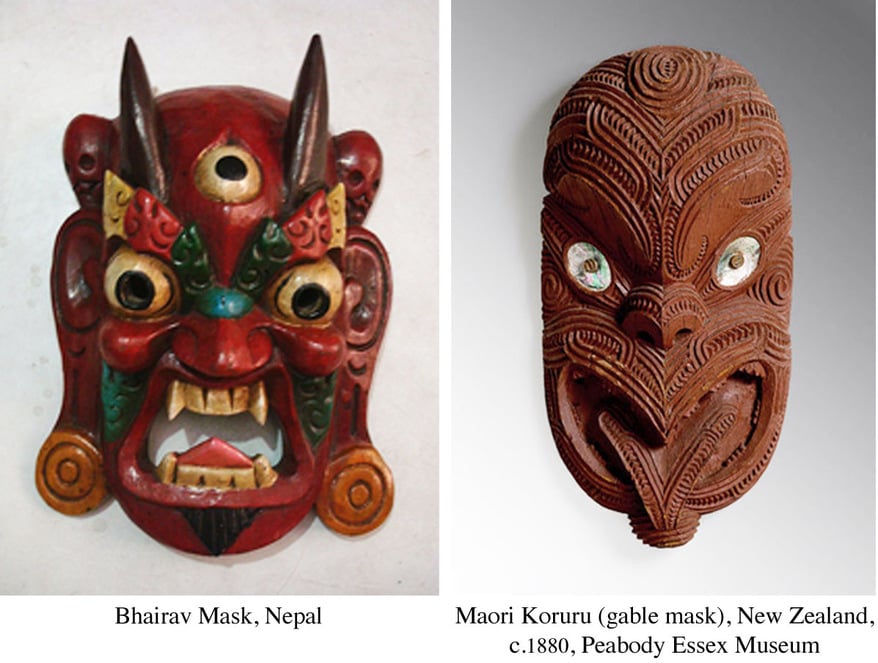Goya, Picasso and tribal masks explained
The point of understanding the human condition is that it allows us to transform ourselves personally, and hence the world, so what I’m about to say is really a side note to the incomparable excitement of that reality. With explanation of the human condition here, we can finally view human events and history in a real context and framework that makes sense, yet all the while having our upset state understood and defended. There are so many parts of Freedom: Expanded and the Introductory Video that I love but recently I visited the Museum of New Zealand and got to see many Maori tribal masks, which really affected me, primarily because I had read Part 7:5 of Freedom: Expanded, which discusses tribal masks. For me, Part 7:5 is an incredible document, because in only 20 pages it reveals so much about the dark side of our behaviour: the honesty of metal music; Munch’s The Scream; Francis Bacon’s disturbing portraits; Goya; Picasso; and tribal masks:
“Mention must again be made of the exceptional human-condition-revealing honesty of the ceremonial masks that have been used in almost all cultures. In Part 3:14 it was explained how masks were a powerful means of exorcising both the truth of the extent to which our soul has been brutally repressed, and the depth of the anger of our conscious mind. Having learnt to contain and restrain our, in truth, extremely upset state, and also conceal it from view so that we weren’t confronted with the extent of it–having, as we say, learnt to ‘civilise’ our upset–such denial of our true situation could also become unbearable, in fact, psychologically and physically sickening, at which point some purging, cathartic, exorcising honesty was needed. The wearing of masks that revealed the true depth of how either soul-dead or furiously angry we humans had become was a powerfully effective way of bringing some relieving, therapeutic honesty to our lives. Reference was made to this quote from Picasso, in which he recognised the healing purpose of masks: ‘The [African] masks were not simply sculptures like any other. Not at all. They were magic objects…They were weapons. To help people stop being ruled by spirits, to free themselves. Tools. If we give a form to these spirits, we become free…I understood why I became a painter…Les Demoiselles d’Avignon must have come to me that very day [when I visited the museum and saw the African masks], but not at all because of the forms; because it was my first exorcism painting’. Picasso’s painting of Les Demoiselles d’Avignon, a detail of which is included below, was shown in Part 3:14.”


I especially love the following words from the material cited above: “…denial of our true situation could also become unbearable, in fact, psychologically and physically sickening, at which point some purging, cathartic, exorcising honesty was needed.”, because while those words are referring to tribal masks, they equally apply to the “cathartic, exorcising honesty” of the full explanation of the human condition. Seeing and knowing that this information can explain and defend “grand scale” human behaviour is a constant reminder of its ability to explain and defend me/us personally. And if it can explain us, it defends us, and if we are defended, we can be honest and we are free.




Please wait while the comments load...
Comments